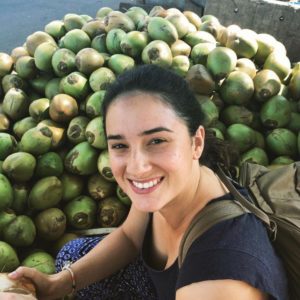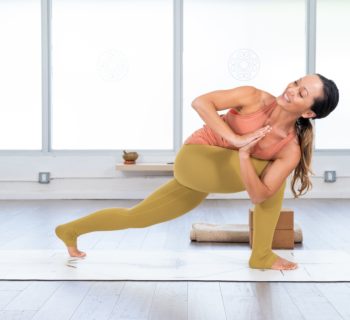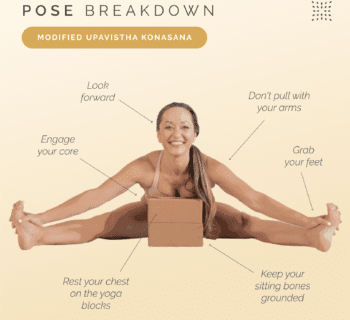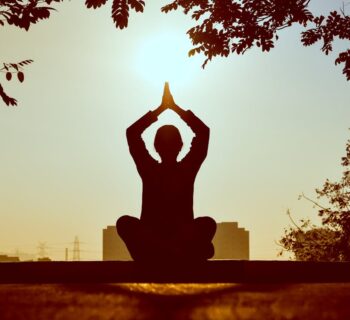I’m back from a 3-day vipassana retreat and sitting with everything that came up for me. Vipassana is one of India’s most ancient techniques of meditation. It was rediscovered by Gautama Buddha more than 2500 years ago and passed down to the present day by an unbroken line of teachers. Vipassana is taught as a ‘universal remedy for universal ills’ aiming for the total eradication of mental impurities and the resulting happiness of liberation.
Vipassana has developed as a 10-day silent course. It’s a heavy schedule of sitting and learning the technique of anapana, vipassana, and metta. All mobile, reading, and writing material is given up during the course. I did a 10-day course 3 years ago, and it taught me a lot about how to just be with myself as I am. Without all the labels, stories, and acts I usually show up with. It was an experience of coming face to face with why at first, that was so hard and uncomfortable, recognizing the things I was running toward to avoid that kind of work, and finally surrendering to the work of observing reality as it is without defaulting into all the extras I habitually add on to it to make things appear pleasant.
Importance of consistent Vipassana practice
Before the 10-day course and since I’ve maintained a daily meditation practice. Some days have been shorter sits than others, but maintaining consistency has made a big impact. I feel more present in my day to day, especially the mundane moments. I’m more aware of my habitual patterning, useful and not useful, and how they are affecting me and those around me. Seeing my reactions from their source, from the sensations that I’ve mindlessly learned to avoid or crave. It’s given me a clearer understanding of how my methods of perception and ways of relating to the sensations in the body are reflected in how I see the world and those who cross my path. I feel calmer, and more content with things as they are. I’m more likely than before to notice when I form expectations and project images of who I think I should be or how I think events should unfold, and how that only leads to suffering.
All that said, although I’ve maintained a daily practice and I’ve noticed these results of diligent practice, I’m human, and I fall. I still go back to ways of operating that are destructive, where I get in my own way. Old patterns that I thought I had eradicated show themselves again, letting me know there are still deeper roots I haven’t yet faced. There are times when practice is very shallow, just sitting on the cushion for 15 minutes, the mind going to all sorts of crazy places. Part of accepting that I’m human and it’s okay to fall and have moments in life that aren’t as connected, was also knowing I wanted to be immersed again like I was during the 10 days. Despite knowing it would be difficult and uncomfortable, I signed up for a 3-day course, which you’re only able to join once you’ve completed a 10-day course.
Finding joy in the process
This practice of meditation is so simple and straightforward – observe sensations in the body as they rise and fall with equanimity. And yet so easy to misunderstand as practice develops. One thing that was clear during these 3 days is how much still lies in the shadows. There’s endless work to be done to bring everything that I am to the surface from the deep dark corners. That work used to terrify me. I wanted to have it all figured out so I could finally relax. Now, mostly my curiosity takes over, and I can’t get enough. I’ve come to a place where it’s not so much about looking out to a day where I have it all figured out so I can finally relax because that isn’t the aim. It’s more about being ok with not knowing and finding joy in the process of interacting with all my questions without expecting answers. It’s accepting my questions without identifying with them by interacting with them with an attitude of equanimity. It doesn’t mean I don’t fall into my moments of despair, doubt, and insecurity. I still get swallowed up in them. Except now they don’t have a hold on me for as long as they used to because now, I have the tools of a regular practice. The practice of Ashtanga yoga and meditation has provided me with a path for directly experiencing those realities present in me while recognizing them as changing and not permanent and, therefore not who I really am so that they can move through me. Running away from these uncomfortable realities only perpetuates them by further engraining their imprint in the mind-body.
Although so much still lies in the shadows, some things that did become clear during this sit is what meditation is not. It is not sitting expecting something in particular or looking for a sensation I’ve experienced before. It is not judging or assessing an experience. It is not reacting to an experience so that our judgments are reinforced. It is not evaluating my practice as good or bad, or what I’m experiencing as desirable or undesirable. It is not working with the aim of reaching someplace where I feel spacious, bright, and connected to all, and then concluding it’s because my efforts are being rewarded. All these ways of being take us away from the present, disconnected from reality as it is. It puts us against ourselves by avoiding what is and placing the mind somewhere else. This division leads to suffering, to wanting to be somewhere we aren’t. We do these things all the time, without realizing it. We do them in such small, subtle ways, it seems they aren’t dictating how we interact with ourselves and the world. But they are. The practice of meditation is 2-fold – making me aware of how these seemingly insignificant patterns run my life and then how to transform them into patterns of accepting things as they are because only from that kind of space can true healing and transformation happen. Those moments when I’m able to settle into things as they are without reacting have an embodied feeling and knowing to them that’s so settling and connected. Even if at first, that reality isn’t so pretty.
Sit with what is
So we sit with ‘what is’ without reacting, without assessment. ‘What is’ can be anything, and each moment is completely unique to any other moment we’ve had before. ‘What is’ is so much bigger than our minds can label as good or bad, pleasant, or unpleasant. ‘What is’ is included in the whole picture of everything that’s possible, and all of it exists with equal weight, regardless of what the mind has to say about it. So even though sometimes it might be scary to sit and face our demons because the mind has been telling us all our lives that the unknown should be feared and we should just focus on the pleasant, sit anyways. Sit because the mind doesn’t know what the body does, that is things as they really are. From my experience that’s where you’ll find all the gems. Truths the mind could never imagine.

Monica Arellano is a Level 2 Authorized teacher in the Ashtanga Yoga Method; a formal blessing received by her teacher R. Sharath Jois in Mysore, India. She first connected to the practice of yoga in 2010, looking for a more peaceful way of being. When she found her way to Miami Life Center in 2014 she began a regular Ashtanga Yoga practice and soon after completed a 2 year apprenticeship program under Tim Feldmann. Today she continues to practice, teach and travel regularly to Mysore, India to learn yoga directly from the source. Monica’s teachings are informed by the knowledge carried on from her teachers and the first-hand experience from her daily asana and meditation practice. Her classes emphasize the breath, alignment, and methods of concentration; in hopes of exploring the deeper experience of asana and the resulting expression in each student’s unique and mind. In this space, she believes we can deconstruct unhealthy patterns, facilitate healing on many levels, and find our way back to the most honest version of ourselves.









